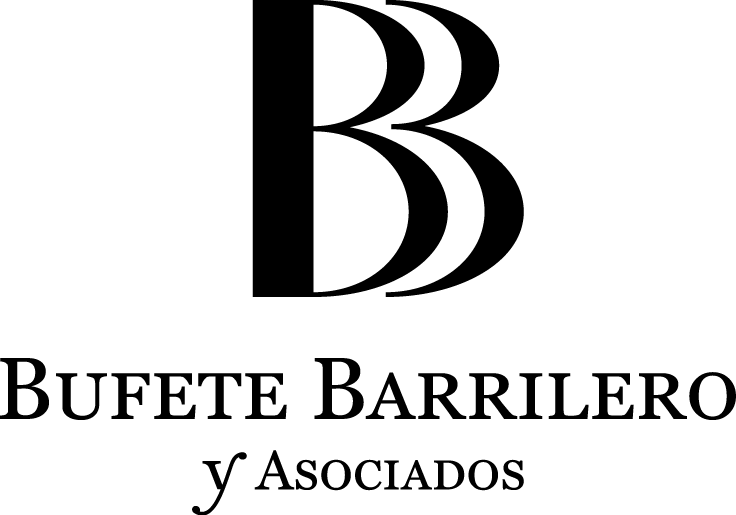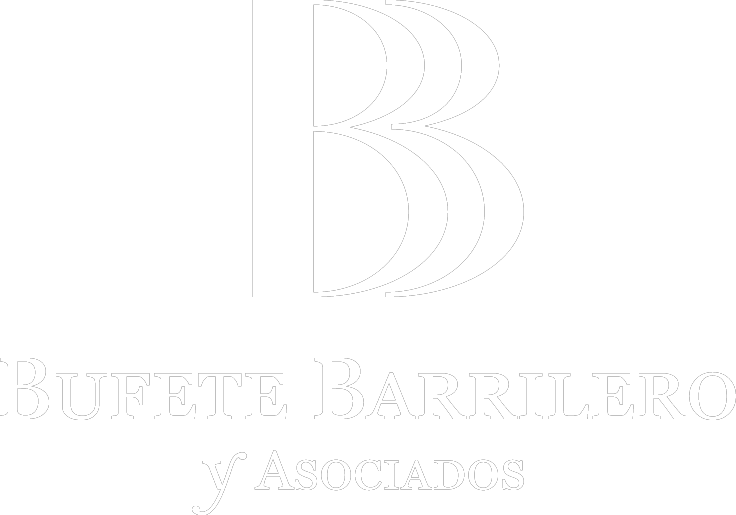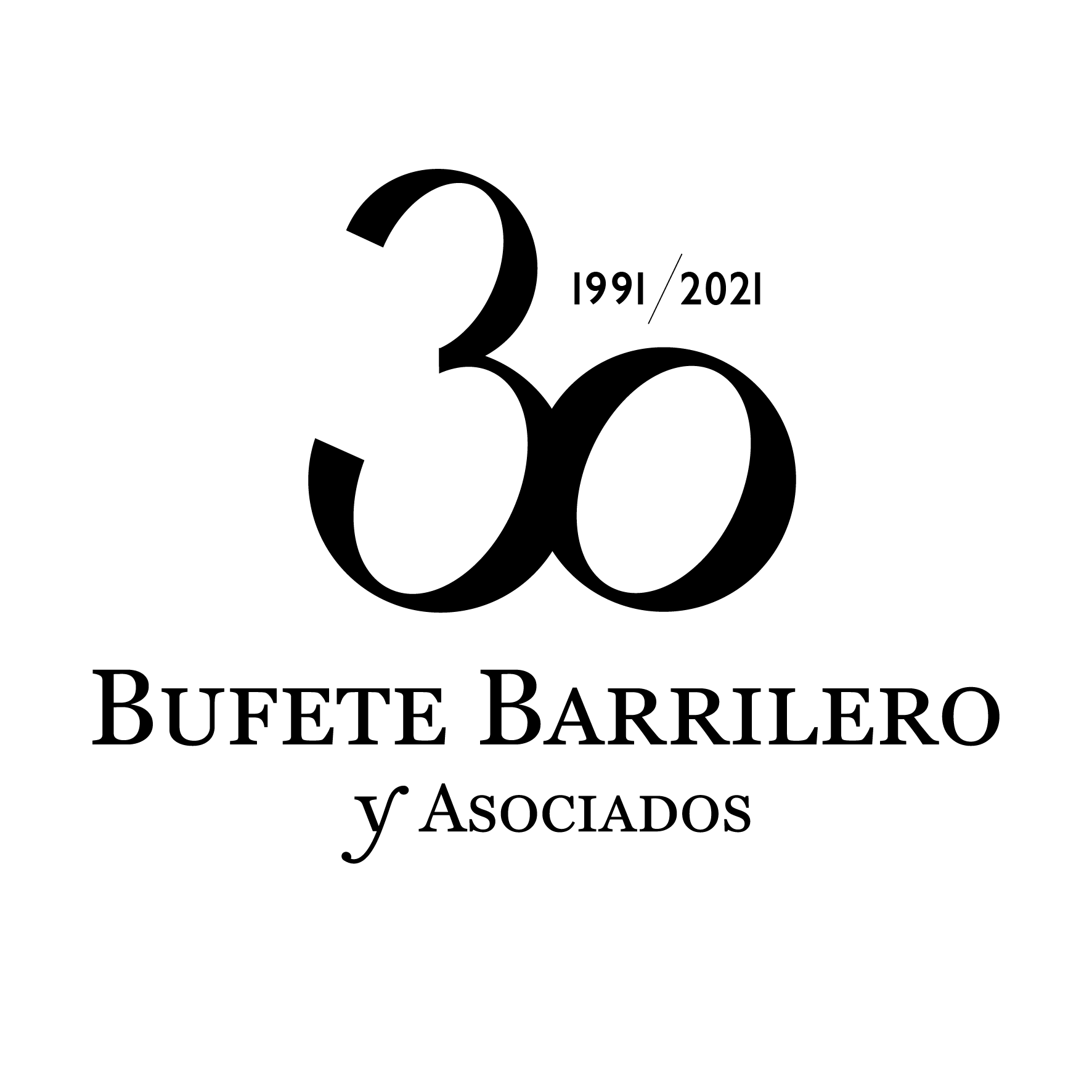TAX LAW
“My parents got me an apartment!” — This is a phrase often heard in certain social circles in Spanish society.
But what if the apartment isn’t actually provided by the parents, but rather rented out to you by a corporate entity in which you and your family members are shareholders — a family holding company? Is this detail irrelevant, or could it have legal or tax implications?
Real estate is booming (though we’ll see if it hits a ceiling), and this has led to a surge in investment in property for rental purposes, particularly among large family fortunes within Spain’s business fabric.
In this context — setting aside a more detailed analysis of the technical elements that allow a taxpayer to apply the so-called “Family Business Exemption” — it is common and advisable to channel these real estate assets through a family holding company.
The idea is that such structuring may allow the Family Business Exemption to apply under the Wealth Tax / Temporary Solidarity Tax on Large Fortunes, and potentially bring benefits in inheritance and gift taxation.
Business Use Requirement
A basic condition for an asset to qualify as exempt is that it must be linked to the performance of an economic activity.
Let’s return to our apartment: if a property is part of the family holding company’s assets and is rented to a shareholder and/or their relatives at market value, can it still be considered an exempt asset for these purposes?
According to a binding ruling by the Spanish Directorate General of Taxes (V1255-20), the answer is yes (excerpt translated and emphasis added):
“The real estate assets are going to be rented to members of the taxpayer’s family group at market value as part of the rental activity carried out by the entity. Therefore, they may be considered necessary to generate income and, consequently, be considered as business-use assets.”
However, the Tax Agency of Catalonia, applying a stricter interpretation, ruled that such a property cannot be considered a business-use asset of the family holding company, if it is used personally by the taxpayer or their relatives — and therefore the Family Business Exemption would not apply to its value.
A Legal Tug of War
Following an intense legal dispute through various channels (administrative, economic-administrative, and judicial), the High Court of Justice of Catalonia issued a judgment on March 10, 2025 (STSJC 768/2025) that aligned with the Directorate General of Taxes. The court criticized the Catalan Tax Agency for departing from the interpretation of the body primarily responsible for interpreting tax law — namely, the Directorate General of Taxes. As the saying goes, “Where the captain rules, the sailor has no sway.”
So, the rental of a property to a shareholder by the family holding company should not disqualify the asset when calculating the Family Business Exemption.
While this particular case had a happy ending, it again highlights the legal uncertainty that taxpayers face daily.


